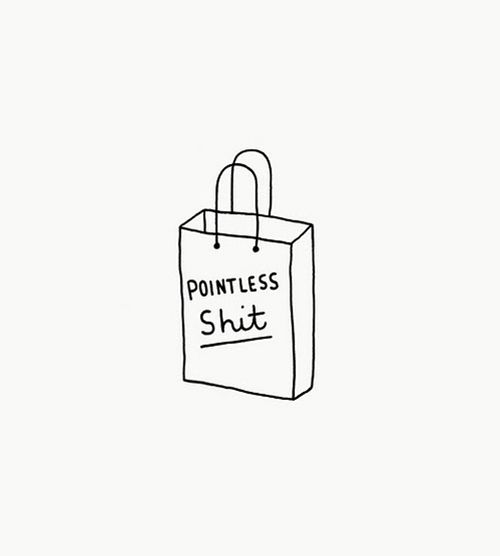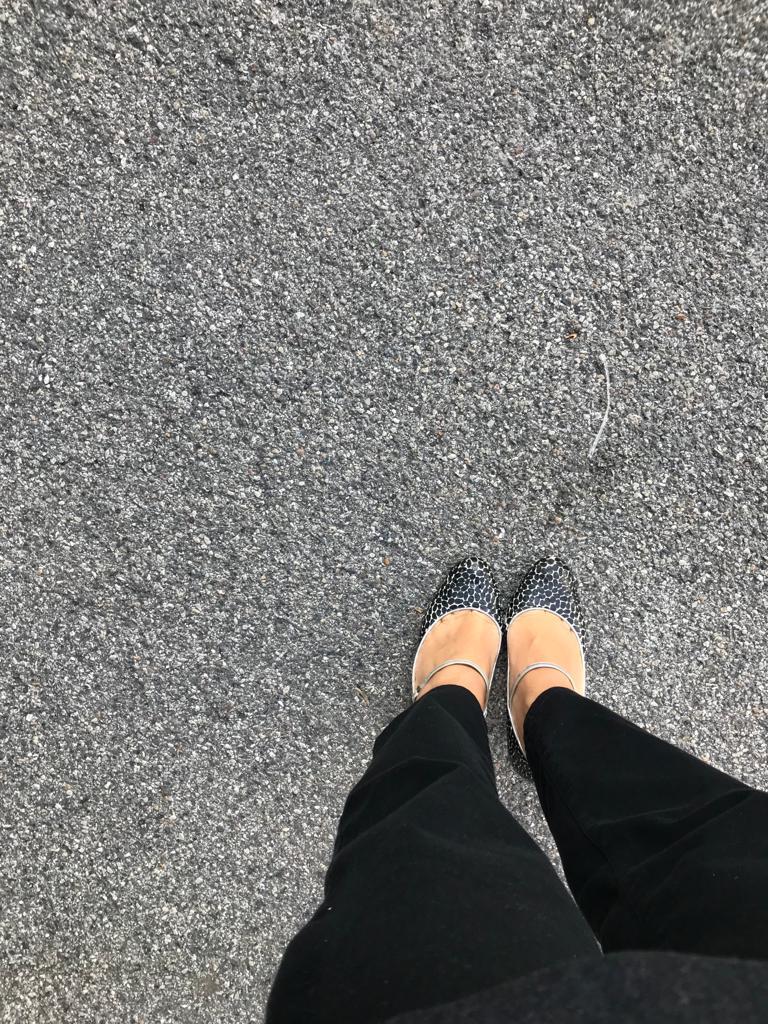Black Friday & promotion spam
Retailers spam promotions, and if Black Friday was not enough, early black Friday is here too!
Still the distribution model has clung to this policy as the only strategy to attract attention. Forget evolution from brands and retailers. Educating people towards an improved and conscious consumption model is not on their agenda. Not worth it.
Obsessive promotions are the outcome of a hyper-saturated market derived from the overproduction model.
Also, the lower the quality of products, the higher the mark-up, allowing discounts (real or fake?) that can reach -70%.
But the purchasing illusion is safe.
Heavy discounts and obsessive promotions are indicators of a sick system.
The environmental impact fostered by Black Friday and never-ending promotions is really huge. Not to mention the ethical implication, if you do not pay the full price of products, someone will pay for it. So we go back to the disturbing modern-day slavery.
As a matter of fact, there is too much of everything, and our blind habits contribute to feeding this vicious cycle, which has no way out.

The solution to Black Friday & obsessive promotions
Is it possible we cannot find a better system?
In fact, the solution is a distribution model that abandons large quantities to shift towards good quality. A sustainable production system that grants proper living wages and limits its impact on the environment. Things made to last and healthier consuming habits.
In this balanced context, promotions and discounts would be necessarily limited.
Changing attitude is a necessity. We started from us first, adjusting our activity to an evolved lifestyle. So, we offered a thoughtful consuming model represented by a capsule selection of quality pieces.
We don’t lure consumers by offering crazy discounts. But, we try to educate ourselves and our audience on meaningful consumption.
We respect people, and we understand the worth of their work. We appreciate the products we select. We value quality, and we value our customers.
Modern humans are conscious consumers.
Say no to Black Friday! We don’t need all that stuff.
Black Friday & promotion spam Read More »
